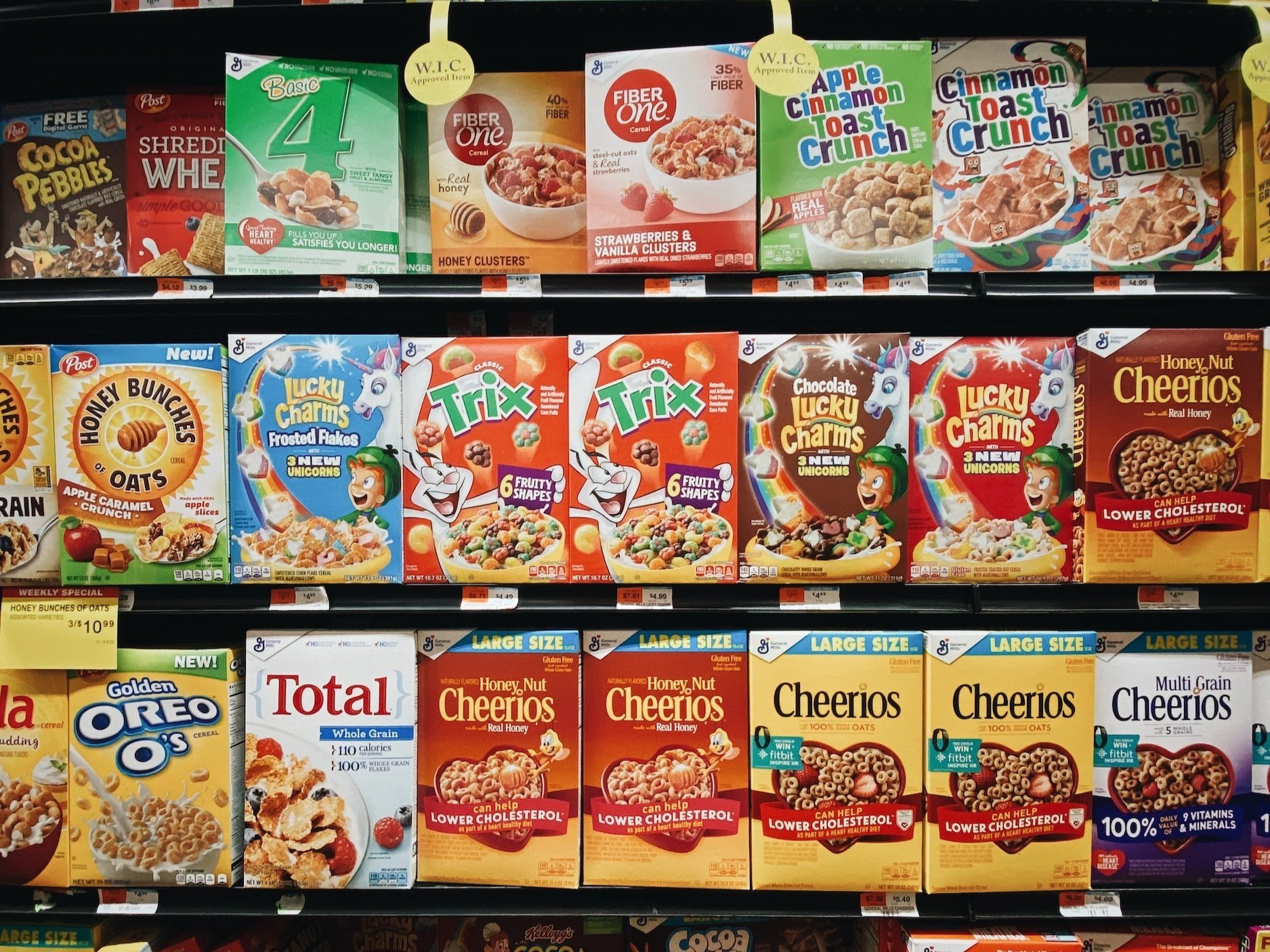Story at a glance…
-
“Gateway foods” like candy, frozen desserts and frozen pizzas have been shown in adolescents to further drive the consumption of ultra-processed foods.
-
A vicious cycle emerges from new research that shows the underconsumption of protein leads to higher consumption of ultra-processed foods.
-
Ultra-processed foods are engineered to be as addictive as possible—as addictive as tobacco smoking, recent research has shown.
Without sufficient protein intake, the body tends to overeat carbs and fats in order to scavenge up the deficit, a new study showed.
In another study, ultra-processed foods like candy were found to act like gateway drugs towards the consumption of more ultra-processed foods.
When the findings are put together a vicious cycle emerges, one in which the emphasis on a carb and sugar-rich breakfast among children in the West—picture toast with jam, sugary cereal with milk, or waffles with syrup and a glass of orange juice—triggers the hunt for more protein, which facilitates the eating of more carbs that in turn act as gateway foods to further poor choices.
“Fundamental disagreement exists over the drivers and mechanisms underlying the obesity epidemic,” open the authors of a new paper published in Obesity. “The protein leverage hypothesis (PLH) proposes that in macro-nutritionally imbalanced food environments, strong human regulation of protein intake drives energy overconsumption and obesity (“protein leverage”) on protein-dilute highly processed diets”.
In their study, lead author Amanda Grech et al. looked at dietary data from the Australian National Nutrition and Physical Activity Survey to challenge a pair of foundational predictions under the PLH. Both predictions were confirmed in a population setting; the mean protein intake was 18.4%, and energy intake decreased with increasing energy from protein.
They detail in the discussions section that the effect of protein leverage on eating patterns has been confirmed before in randomized controlled trials in metabolic wards, but that their work confirmed it in observational population data, giving the overall hypothesis a strong confidence level.
A thorough body of evidence has shown that protein is the most satiating macronutrient. The analysis of Gretch et al. implicates highly processed discretionary foods as a likely cause of protein dilution, which opens the discussion to the effect of these as gateway foods.
“Through increasing the likelihood of eating other ultra-processed foods, gateway foods could have the effect of drawing people more deeply into processed food diets, so further diluting dietary protein and engaging protein leverage,” said co-author David Raubenheimer, Charles Perkins Centre, University of Sydney, Sydney, New South Wales, Australia.
“Gateway foods would, in other words, amplify protein leverage – they directly cause protein dilution and energy overconsumption, and also increase the prevalence in the diet of other ultra-processed foods hence causing further protein dilution and energy overconsumption”.
If you think the stories you’ve just read were worth a few dollars, consider donating here to our modest $500-a-year administration costs.




